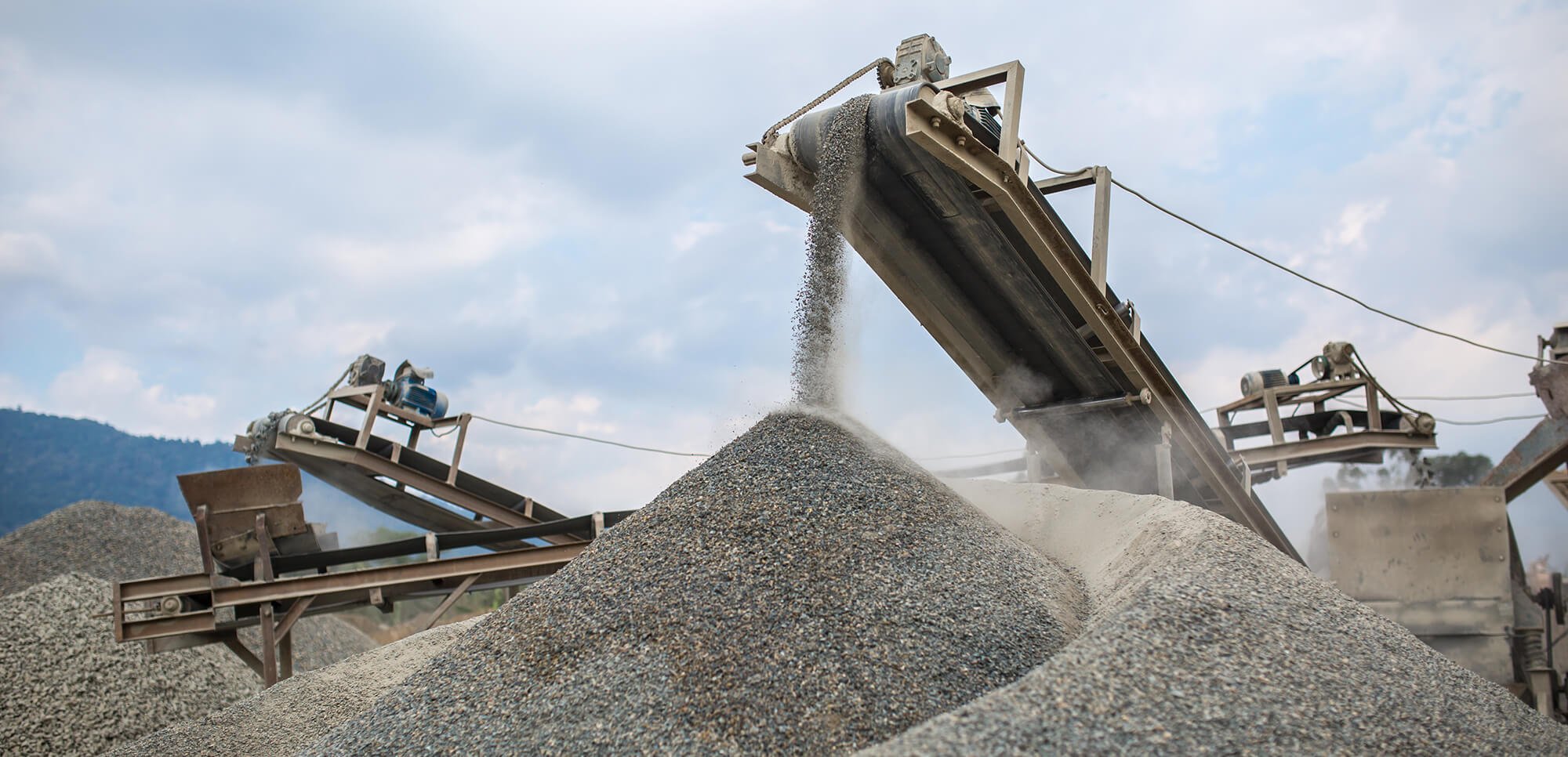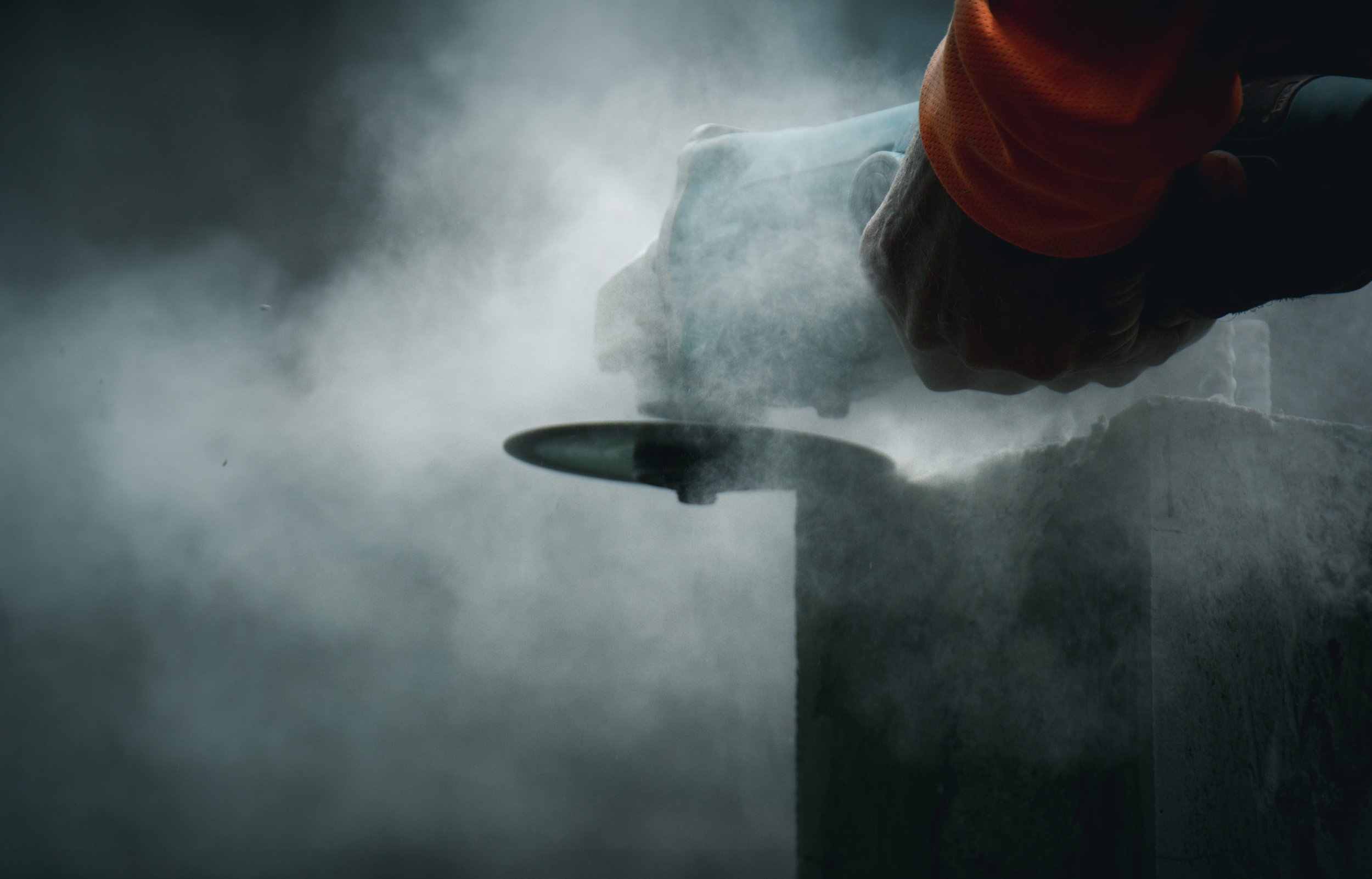Welcome to North CE, your trusted partner in managing crystalline silica across various sectors including Demolition, Excavation, Construction, Mining, and Manufacturing. We work you’re your team to help ensure your compliance with Australian standards and protect the health of your workforce.
Understanding Crystalline Silica
What is Crystalline Silica?
Crystalline silica is a naturally occurring mineral found in materials like sand, stone, concrete, and mortar. It is a fundamental component in many construction materials and industrial products.
What is "Respirable" Crystalline Silica?
Respirable crystalline silica (RCS) refers to the tiny particles of silica dust that are small enough to be inhaled deeply into the lungs. These particles are typically less than 10 micrometres in diameter and are produced during activities like cutting, drilling, grinding, or polishing silica-containing materials.
Health Effects of Crystalline Silica
Risks and Hazards
Exposure to RCS can lead to serious health issues, such as:
Silicosis: An incurable lung disease caused by inhaling fine silica dust.
Lung Cancer: Long-term exposure increases the risk.
Chronic Obstructive Pulmonary Disease (COPD): Damage to airways due to dust inhalation.
How is RCS Measured?
RCS is measured using air sampling methods that collect dust on filters, which are weighed and then analysed in a laboratory.
Australian Standards for RCS Collection, Measurement, and Analysis
AS 2985-2009: Workplace Atmospheres - Method for Sampling and Gravimetric Determination of Respirable Dust.
Importance of NATA Accreditation
N.A.T.A (National Association of Testing Authorities, Australia) accreditation is crucial for laboratories conducting RCS analysis. It ensures the accuracy, reliability, and credibility of test results, which are essential for compliance and effective risk management.
Types of Respirable Crystalline Silica and Their Importance
The most common forms of RCS include quartz, cristobalite, and tridymite. Quartz is the most prevalent form encountered in occupational settings. Workers in various industries, especially in construction and mining, are often exposed to quartz dust during activities like cutting, sanding concrete or grinding. The fine, respirable particles are particularly dangerous because they can penetrate deep into the respiratory system, leading to serious health issues.r coal.

australian Exposure Standards and Guidance
Guidance
-
mandates a Workplace Exposure Standard (WES) of 0.05 mg/m³ as a time-weighted average (TWA) over 8 hours. Adjustments to the WES are made for extended work shifts, for example, a 12-hour shift may reduce the WES to 0.025 mg/m^3
has a range of guidance materials in relation to health monitoring.
-
and other state bodies provide specific Codes of Practice and technical fact sheets help manage and mitigate RCS risks.
-
Position paper on respirable crystalline silica.
AUSTRALIAN STANDARDS
-
Selection, use and maintenance of respiratory protection.
-
Workplace atmospheres method for sampling and gravimetric determination of respirable dust
CONTROLS AND MITIGATION METHODS
-
Ventilation Systems: Use local exhaust ventilation (LEV) to capture dust at the source.
Wet Methods: Apply water to suppress dust during operations.
-
Work Scheduling: Limit duration and frequency of tasks that produce silica dust.
Training and Education: Ensure workers are aware of the risks and proper handling procedures.
-
Respirators: Use appropriate respiratory protection when engineering and administrative controls cannot adequately reduce exposure.
Monitoring and Health Surveillance
-
Regular air monitoring helps assess the effectiveness of control measures and ensures compliance with exposure standards.
-
Health surveillance is critical for early detection of silica-related diseases. Regular medical examinations should be conducted for workers exposed to RCS.

The Role of the Consultant
Assessment and Management Support
Our consultant team provide comprehensive services to support your RCS management efforts, including:
Risk Assessments: Identifying and evaluating RCS hazards on your site.
Exposure Monitoring: Conducting air quality tests and personal exposure assessments.
Control Implementation: Recommending and verifying effective control measures.
Training Programs: Educating your workforce on safe practices and regulatory compliance.
Compliance Assistance: Ensuring your operations meet all relevant legislative requirements, including the WHS Act 2011 and Regulation 2017.
Industry-Specific Solutions
Demolition, Excavation, and Construction Sectors
Our consultants help you manage dust risks during the teardown, earth-moving, and building processes. We provide tailored solutions to protect workers and comply with industry standards.
Mining and Manufacturing Sectors
From ore extraction to product manufacturing, North CE offers specialized support to minimize RCS exposure in high-risk environments.
Best Practices from Around the World
Awareness of and incorporating global best practices enhances our services:
USA and UK Standards: Implementing advanced monitoring techniques and control technologies.
Singapore and Hong Kong Guidelines: Adopting comprehensive health surveillance programs.
Why choose North CE?
Contact us.
For expert consultancy services on RCS management and to ensure the safety and compliance of your operations, contact the team at North CE today. Our dedicated professionals are here to assist you in improving your work environment.

